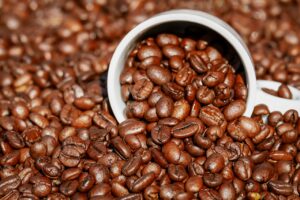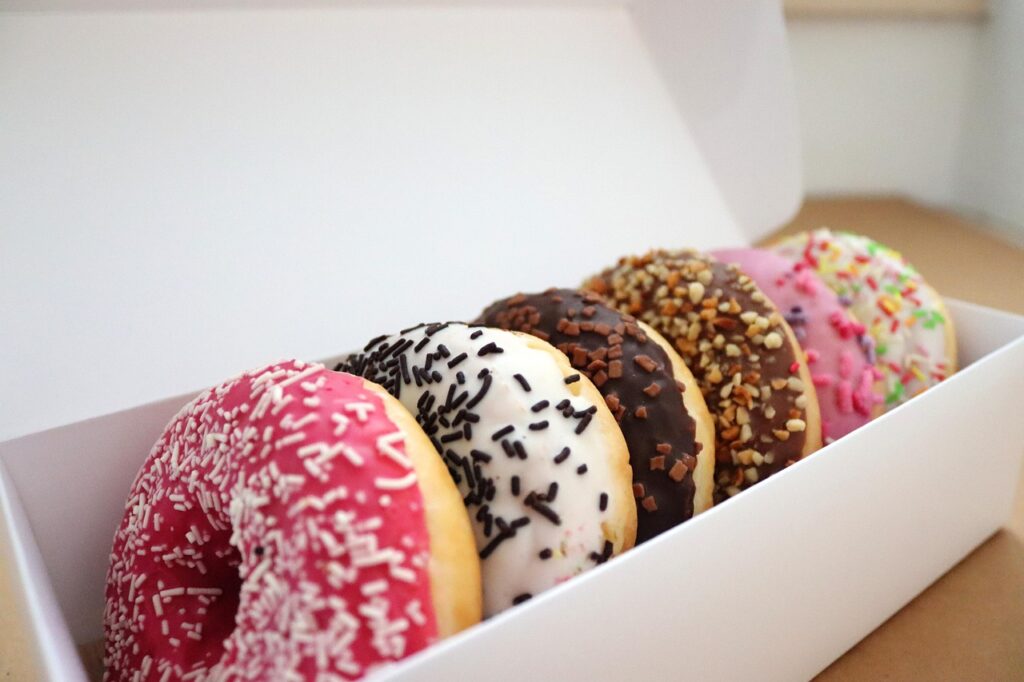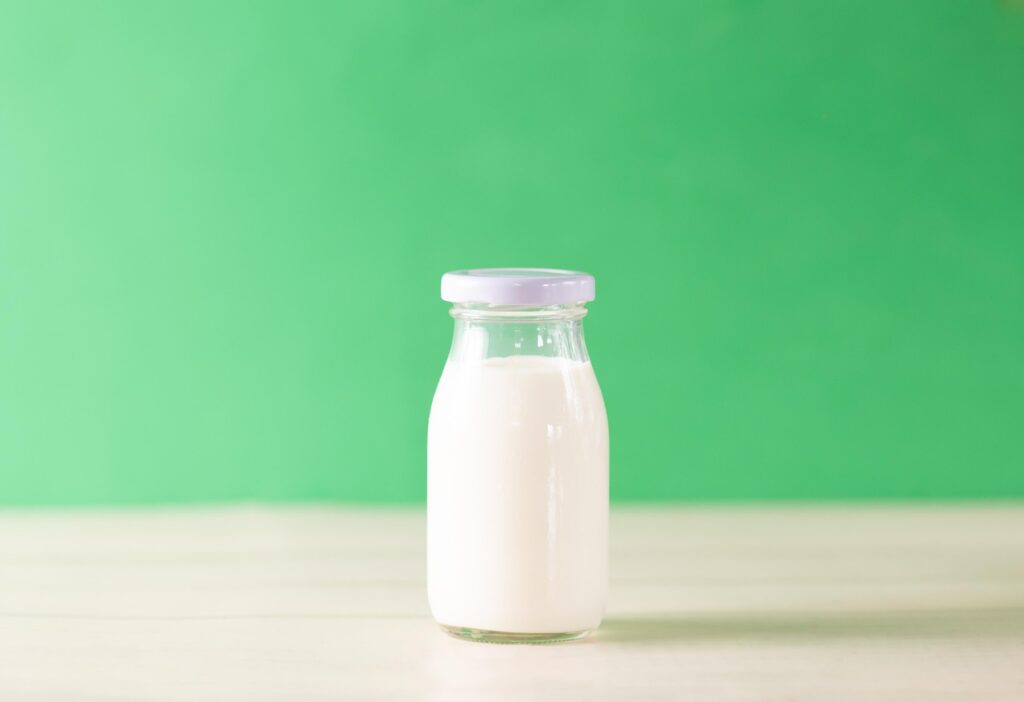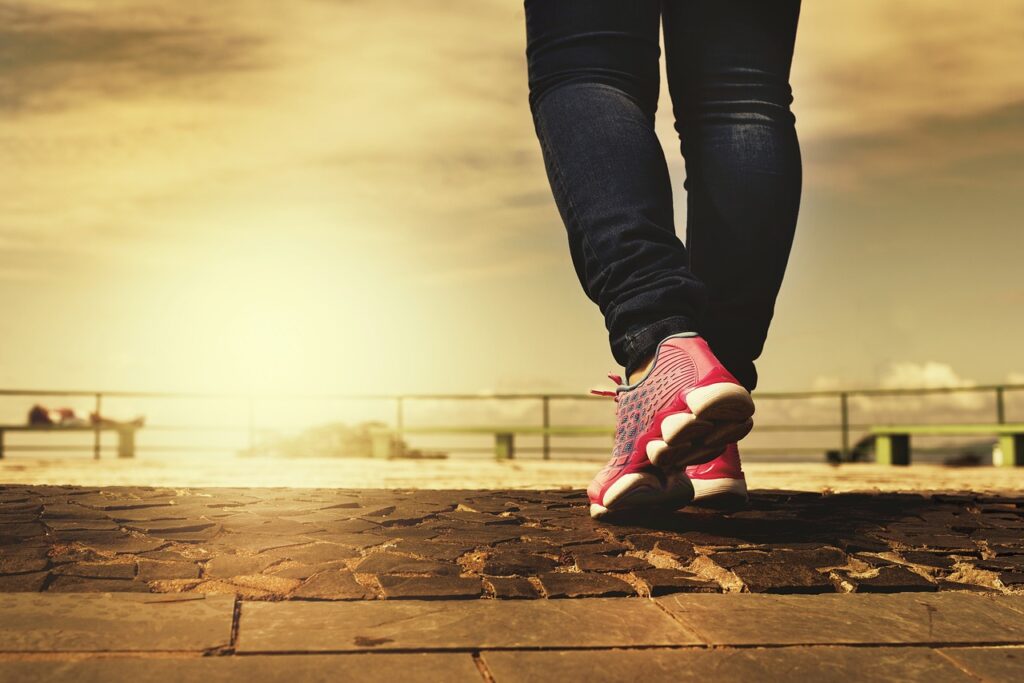There’s nothing quite like that first sip of coffee in the morning — it’s like a warm hug for your brain, pulling you out of the fog and kickstarting your day. But when it comes to getting the most out of your caffeine fix, timing is everything. Sure, caffeine is a beloved sidekick, but downing that double espresso at the wrong hour could mean restless nights and jittery vibes. So, when’s the best time to get your caffeine buzz without throwing your body for a loop? Let’s break it down.
Believe it or not, your body’s natural rhythm plays a major role in how caffeine affects you. We all operate on a built-in clock called the circadian rhythm, which manages everything from your sleep cycle to hormone production. One key hormone in the mix? Cortisol. It’s like your internal alarm clock, peaking in the morning to naturally wake you up and gradually winding down as the day goes on. If you reach for coffee the moment your eyes open, your cortisol levels are already high — meaning that caffeine may not pack the punch you’re hoping for.
Instead, try holding off on your coffee break until around 9:30 to 11:30 a.m. By that time, cortisol levels dip, and your body is more likely to appreciate the extra boost. You’ll feel energized without sending your nervous system into overdrive. Plus, a little delay in that morning cup can help prevent the dreaded mid-afternoon crash.
But what if your energy slumps after lunch? Enter the well-timed afternoon pick-me-up. Grabbing a coffee between 1:00 and 3:00 p.m. can be a lifesaver, especially if that post-lunch sluggishness starts creeping in. Just be mindful of how close you are to bedtime. Caffeine has a half-life of around five to six hours, meaning half of it is still buzzing through your system hours after your last sip. If you’re sensitive to caffeine or struggling with sleep, cutting off your intake by 2:00 or 3:00 p.m. can work wonders.
And let’s not forget that caffeine isn’t just about coffee. Teas, energy drinks, sodas, and even some chocolates sneak in a dose of caffeine, so it’s worth keeping an eye on all the sources in your day. If you’re looking to wind down in the evening, opt for herbal teas or decaf options that won’t interfere with your sleep. Because no latte is worth tossing and turning all night!
Of course, everyone’s caffeine tolerance is a little different. Some people can sip a post-dinner espresso and snooze like a baby, while others may find themselves wide-eyed from a mid-afternoon cold brew. Paying attention to how your body responds is key. Notice when you feel alert and productive versus when caffeine seems to tip the scales into jittery territory.
At the end of the day, caffeine should work for you — not the other way around. With a little mindful timing, you can enjoy that delicious cup of coffee without sacrificing sleep or energy. So, go ahead and savor that brew, knowing it’s fueling you at just the right moment. Cheers to smarter sipping!








